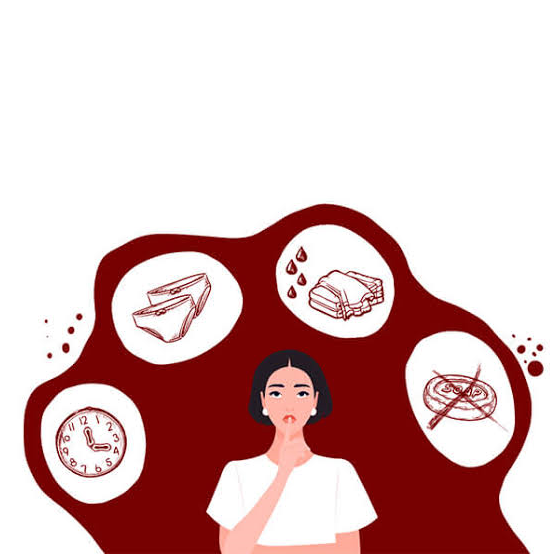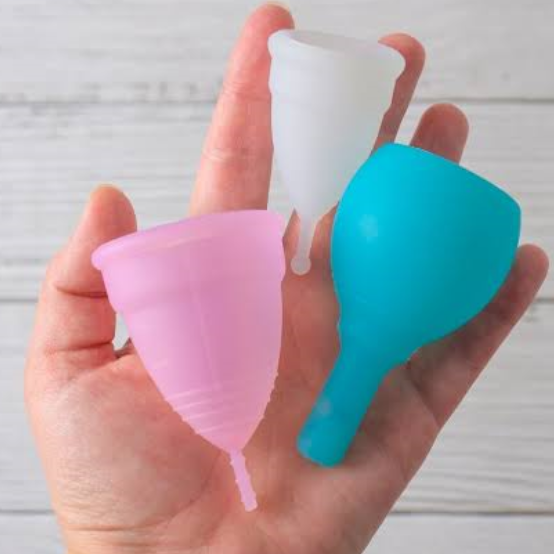Menstrual pain, medically known as dysmenorrhea, is a natural phenomenon experienced by many women during their menstrual cycle. The discomfort and cramping caused by uterine contractions can range from mild to severe, impacting daily activities and overall well-being. However, the good news is that menstrual pain can be effectively managed through various approaches, empowering women to embrace a more comfortable and positive menstrual experience. This article delves into practical strategies, both non-medical and medical, that can help alleviate period pain, enabling women to take charge of their menstrual health and lead fulfilling lives.
Understanding Menstrual Pain:
Menstrual pain occurs due to the uterine muscles contracting to help expel the uterine lining during menstruation. Primary dysmenorrhea is common and typically not associated with underlying medical conditions. Secondary dysmenorrhea, on the other hand, may be caused by conditions such as endometriosis or pelvic inflammatory disease and requires medical evaluation.
Non-Medical Management:
- Heat Therapy: Applying a heating pad or warm compress to the lower abdomen can
help relax uterine muscles, easing pain and discomfort. - Light Exercise: Engaging in gentle physical activities like walking or yoga may
improve blood circulation and reduce menstrual pain. - Dietary Modifications: Reducing caffeine, salt, and processed foods while increasing
intake of fruits, vegetables, and whole grains can alleviate inflammation and bloating
associated with periods. - Relaxation Techniques: Practicing relaxation techniques like deep breathing or meditation can reduce stress and tension, potentially lessening menstrual pain.
- Over-the-Counter Pain Relief: Nonsteroidal anti-inflammatory drugs (NSAIDs) like ibuprofen or naproxen can be effective in managing menstrual pain. Always follow the recommended dosage and consult a healthcare provider if needed.
Medical Management:
If non-medical approaches are insufficient, healthcare providers may recommend the following medical interventions:
- Hormonal Birth Control: Oral contraceptives, hormonal patches, or intrauterine
devices with progestin can help regulate hormone levels, reducing the severity of
menstrual pain. - Prescription Pain Medications: In severe cases, stronger pain medications may be
prescribed for short-term use under medical supervision. - Complementary Therapies: Acupuncture or transcutaneous electrical nerve
stimulation (TENS) may provide relief for some women.
When to Seek Medical Attention:
While mild discomfort is common during menstruation, severe or worsening pain may indicate an underlying medical condition. Women experiencing any of the following symptoms should seek medical attention:
- Excessive bleeding or clotting
- Severe abdominal pain not relieved by over-the-counter medications
- Menstrual irregularities or missed periods
- Symptoms interfering with daily activities
Conclusion:
Menstrual pain is a natural aspect of a woman’s reproductive cycle, but it can be managed effectively with a combination of non-medical and medical approaches. By understanding the various management options available, women can make informed decisions to alleviate discomfort and ensure a more comfortable menstrual experience. For persistent or severe pain, it is essential to consult a healthcare provider to rule out any underlying medical conditions and receive appropriate care.















